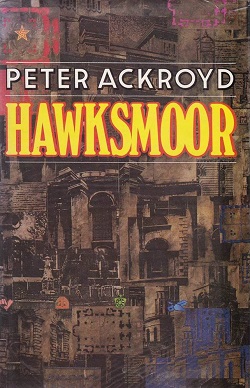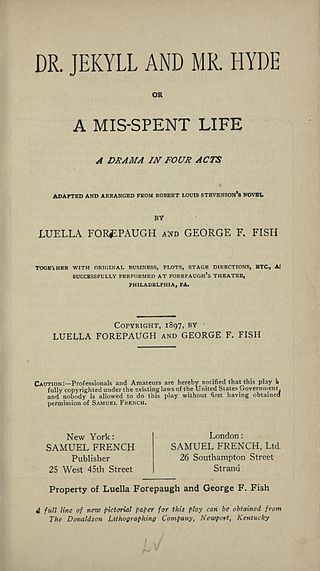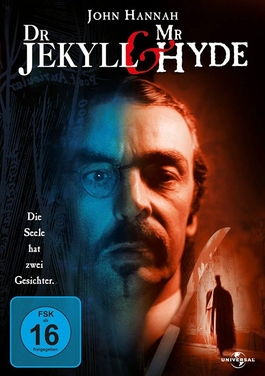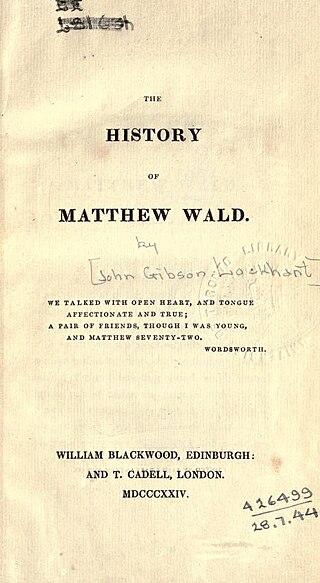No true Scotsman or appeal to purity is an informal fallacy in which one modifies a prior claim in response to a counterexample by asserting the counterexample is excluded by definition. Rather than admitting error or providing evidence to disprove the counterexample, the original claim is changed by using a non-substantive modifier such as "true", "pure", "genuine", "authentic", "real", or other similar terms.

First ScotRail was a train operating company in Scotland owned by FirstGroup. It operated the ScotRail franchise between October 2004 and March 2015.

Scottish literature is literature written in Scotland or by Scottish writers. It includes works in English, Scottish Gaelic, Scots, Brythonic, French, Latin, Norn or other languages written within the modern boundaries of Scotland.

The Caledonians or the Caledonian Confederacy were a Brittonic-speaking (Celtic) tribal confederacy in what is now Scotland during the Iron Age and Roman eras. The Greek form of the tribal name gave rise to the name Caledonia for their territory. The Caledonians were considered to be a group of Britons, but later, after the Roman conquest of the southern half of Britain, the northern inhabitants were distinguished as Picts, thought to be a related people who would have also spoken a Brittonic language. The Caledonian Britons were thus enemies of the Roman Empire, which was the state then administering most of Great Britain as the Roman province of Britannia.
Sydney Goodsir Smith was a New Zealand-born Scottish poet, artist, dramatist and novelist. He wrote poetry in literary Scots, sometimes referred to as Lallans, and was a major figure of the Scottish Renaissance.

The Caledonian Forest is the ancient (old-growth) temperate forest of Scotland. The forest today is a reduced-extent version of the pre-human-settlement forest, existing in several dozen remnant areas.

The Private Memoirs and Confessions of a Justified Sinner: Written by Himself: With a detail of curious traditionary facts and other evidence by the editor is a novel by the Scottish author James Hogg, published anonymously in 1824.

Caledonia was the Latin name used by the Roman Empire to refer to the part of Scotland that lies north of the River Forth, which includes most of the land area of Scotland. Today, it is used as a romantic or poetic name for all of Scotland. During the Roman Empire's occupation of Scotland, the area they called Caledonia was physically separated from the rest of the island by the Antonine Wall. The Romans several times invaded and occupied it, but unlike the rest of the island, it remained outside the administration of Roman Britain.

The Gothic double is a literary motif which refers to the divided personality of a character. Closely linked to the Doppelgänger, which first appeared in the 1796 novel Siebenkäs by Johann Paul Richter, the double figure emerged in Gothic literature in the late 18th century due to a resurgence of interest in mythology and folklore which explored notions of duality, such as the fetch in Irish folklore which is a double figure of a family member, often signifying an impending death.

Caledonia Reds were a Scottish rugby union team. They participated in two seasons of the Heineken Cup. They evolved from one of the traditional four amateur districts of Scotland, North and Midlands, in 1996.

Hawksmoor is a 1985 novel by English writer Peter Ackroyd. It won Best Novel at the 1985 Whitbread Awards and the Guardian Fiction Prize. It tells the parallel stories of Nicholas Dyer, who builds seven churches in 18th-century London for which he needs human sacrifices, and Nicholas Hawksmoor, detective in the 1980s, who investigates murders committed in the same churches. Hawksmoor has been praised as Peter Ackroyd's best novel and an example of postmodernism.
Chris Dolan is a Scottish novelist, poet, and playwright. He is married to Moira Dolan and they currently live in Glasgow with their children. He is a lecturer in English Literature at Glasgow Caledonian University and is Programme Leader of the master's degree programme in Television Screenwriting there.
Whistle-Binkie, or, The piper of the party: Being a collection of songs for the social circle was a Scottish poetry and song anthology first appearing in 1832. There were later volumes under the same title, at least four more anthologies, and collected editions appearing from 1853. The style of verse typically was in imitation of Robert Burns. The series was enduringly popular, and the final Whistle Binkie anthology appeared in 1890.

The novel in Scotland includes all long prose fiction published in Scotland and by Scottish authors since the development of the literary format in the eighteenth century. The novel was soon a major element of Scottish literary and critical life. Tobias Smollett's picaresque novels, such as The Adventures of Roderick Random and The Adventures of Peregrine Pickle mean that he is often seen as Scotland's first novelist. Other Scots who contributed to the development of the novel in the eighteenth century include Henry Mackenzie and John Moore.

Strange Case of Dr Jekyll and Mr Hyde is an 1886 Gothic horror novella by British author Robert Louis Stevenson. It follows Gabriel John Utterson, a London-based legal practitioner who investigates a series of strange occurrences between his old friend, Dr Henry Jekyll, and a murderous criminal named Edward Hyde.

Dr. Jekyll and Mr. Hyde, Or a Mis-Spent Life is a four-act play written in 1897 by Luella Forepaugh and George F. Fish. It is an adaptation of Strange Case of Dr Jekyll and Mr Hyde, an 1886 novella written by the Scottish author Robert Louis Stevenson. The story focuses on Henry Jekyll, a respected London doctor, and his involvement with Edward Hyde, a loathsome criminal. After Hyde murders a vicar, Jekyll's friends suspect he is helping the killer, but the truth is that Jekyll and Hyde are the same person. Jekyll has developed a potion that allows him to transform himself into Hyde and back again. When he runs out of the potion, he is trapped in his Hyde form and commits suicide.
George Blake (1893–1961) was a Scottish journalist, literary editor and novelist. His The Shipbuilders (1935) is considered a significant and influential effort to write about the Scottish industrial working class. "At a time when the idea of myth was current in the Scottish literary world and other writers were forging theirs out of the facts and spirit of rural life, Blake took the iron and grease and the pride of the skilled worker to create one for industrial Scotland." As a literary critic, he wrote a noted work against the Kailyard school of Scottish fiction; and is taken to have formulated a broad-based thesis as cultural critic of the "kailyard" representing the "same ongoing movement in Scottish culture" that leads to "a cheapening, evasive, stereotyped view of Scottish life." He was well known as a BBC radio broadcaster by the 1930s.

Dr Jekyll and Mr Hyde is a British film adaptation of Robert Louis Stevenson's novella, directed by Maurice Phillips and starring John Hannah. Set in Victorian England, it was filmed in 2002 and released in Britain in that year. As the result of its release in the US in 2003, that date is sometimes attached to it.

The History of Matthew Wald is an 1824 novel by the Scottish writer John Gibson Lockhart originally published by William Blackwood. It was the fourth and last novel written by Lockhart, the son-in-law of Walter Scott. The novel is partly set in a lunatic asylum. It was influenced by the writings of William Godwin and resembles Justified Sinner by James Hogg, published the same year.